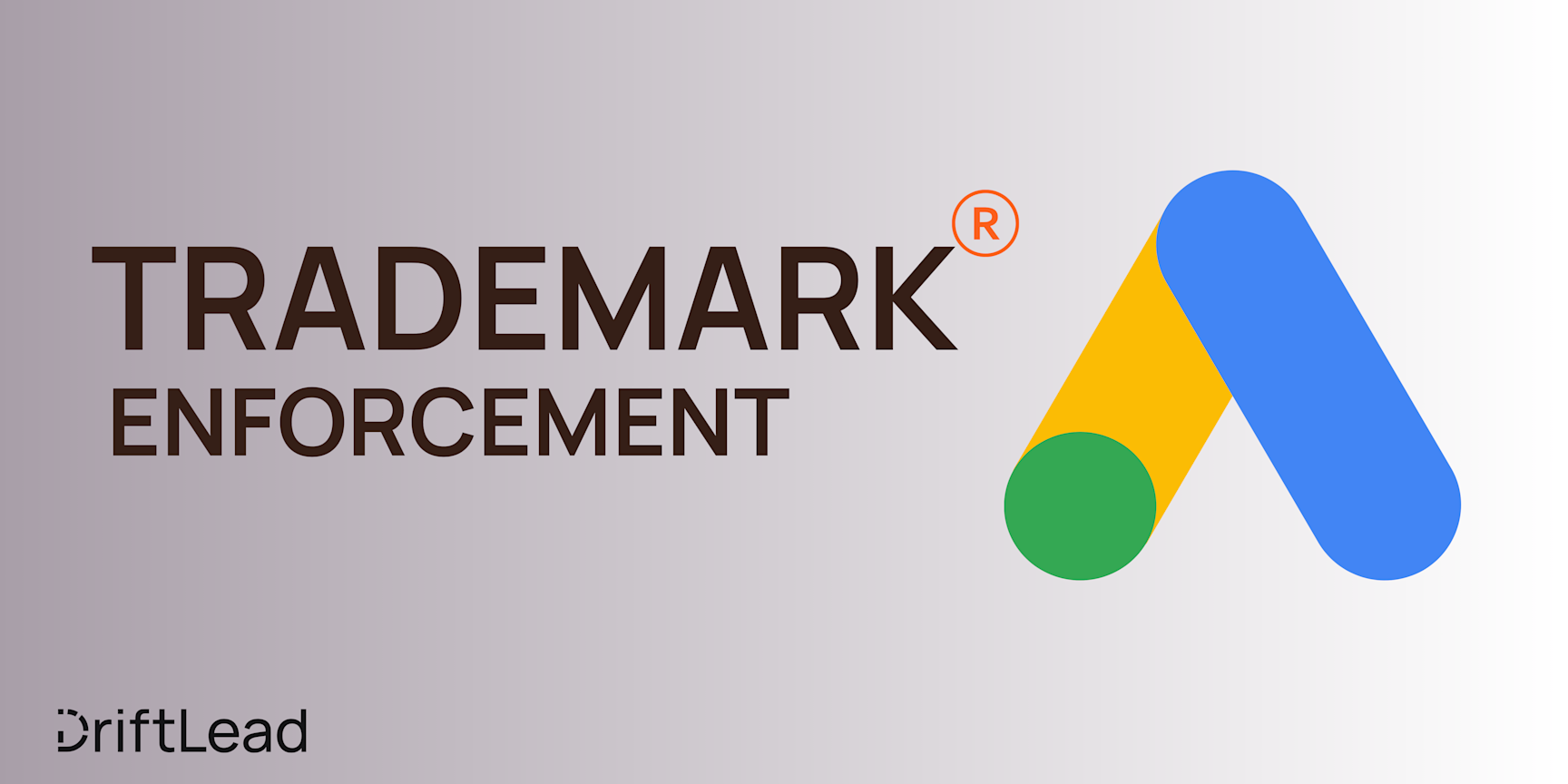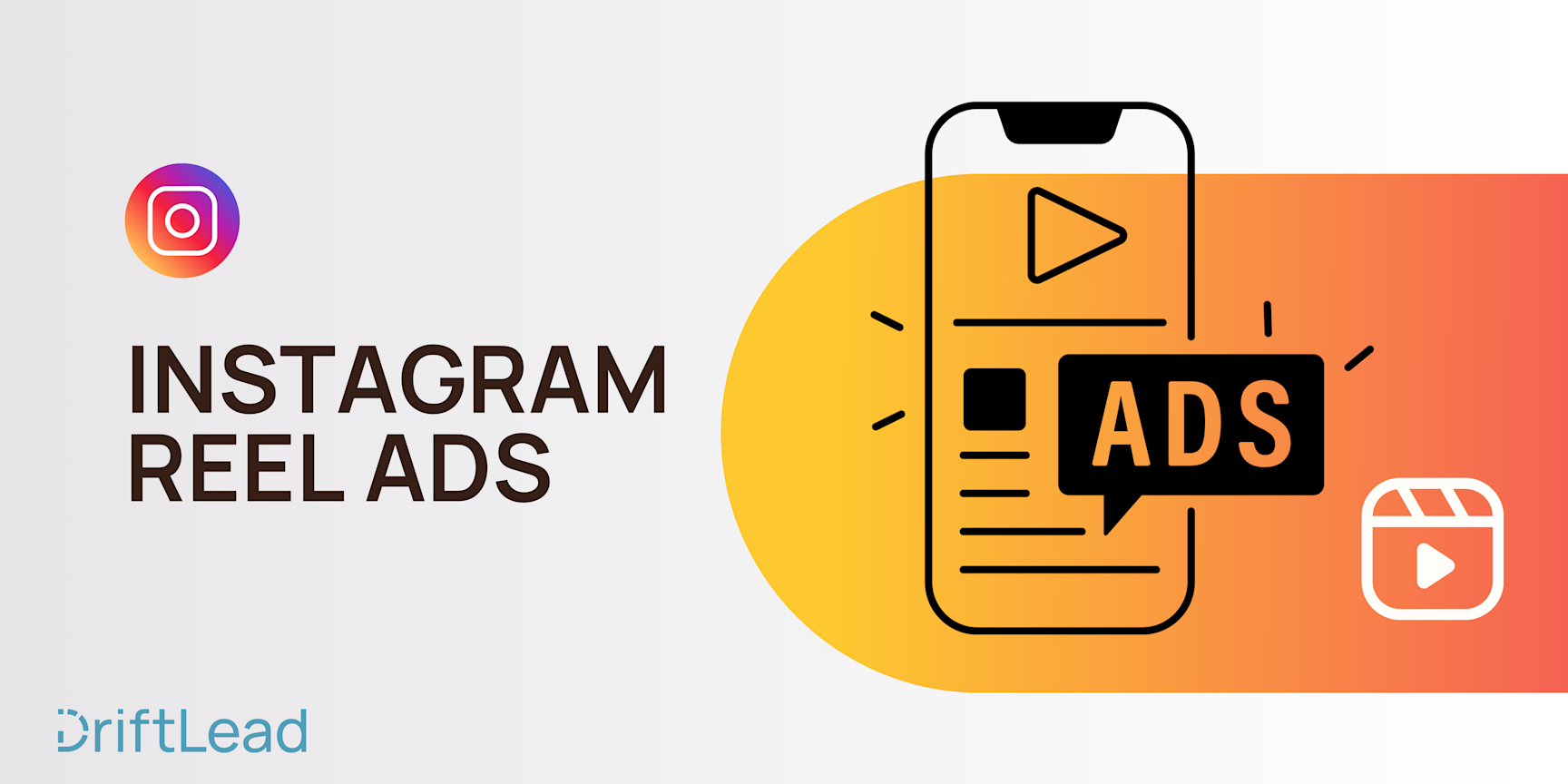How Much Does Google Ads Cost? A Budgeting Guide for Beginners
09 May, 2024
See how much Google Ads should cost and how to set the proper budget for your campaigns.
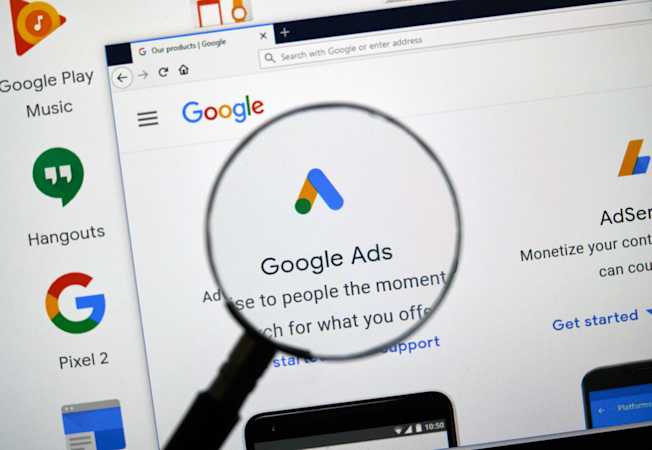
Jump to:
Hop on our weekly newsletter train! We're sharing tips so stellar, we're practically job-threatening ourselves!
Google Ads - the digital marketing playground where dreams are made...or budgets are broken. 🤑 As a beginner, navigating the bids and budget of Google's advertising platform can be a bit overwhelming. And as an advertiser, it's common to wonder how much you should expect to spend on Google ads. But that's why you read our blog—to get answers to these questions!
Let's demystify the pricing puzzle and equip you with the knowledge to conquer your Google Ads budgeting like a pro. Keep reading to learn how much Google Ads cost and how you can get the most results within your budget 💪
How Google Ads Pricing Works
Before we talk about how much you can expect to spend, you should understand the mechanisms by which costs are incurred. At the heart of Google Ads lies an intricate ad auction system that determines where your ads appear and how much you pay for each click (or desired action). Let's go into more detail about the things that determine where your ad shows up and how much you pay.
Ad Rank
Your ad's position on the search results page is determined by its Ad Rank, which is calculated using this formula:
Ad Rank = Maximum Bid x Quality Score
The higher your Ad Rank, the better your ad's position (and visibility). It's like a virtual game of King of the Hill, where the highest bidder with the best quality score reigns supreme. 👑
Maximum Bid
Your maximum bid represents the highest amount you're willing to pay for a click (or other action). It's essentially your opening bid in the ad auction. But you rarely pay your maximum bid amount.
Actual Cost-Per-Click (CPC)
The actual amount you pay per click is calculated using this formula:
Actual CPC = (Ad Rank below you / Your Quality Score) + $0.01
So, you only pay a small amount above the advertiser's Ad Rank below you, divided by your Quality Score.
Quality Score
Your Quality Score is Google's way of measuring the relevance and quality of your ads, keywords, and landing pages. It's a score from 1 to 10, with 10 being the highest. The higher your Quality Score, the lower your actual CPC and the better your ad's position (even with a lower bid).
When Google Does the Bidding: Automated Strategies 🤖
While understanding the core ad auction mechanics is important, many advertisers are going to opt to let Google's automated bidding strategies take the wheel. These bidding strategies use machine learning to optimize bids in real time based on your goals and performance data.
When you enable automated bidding, the game changes slightly. Instead of setting manual bids, you provide Google with targets like target CPA (cost per acquisition) or target ROAS (return on ad spend). Google then adjusts your bids automatically to hit those targets as efficiently as possible.
Key Differences with Automated Bidding:
No More Maximum Bids
With automated strategies, you don't set a maximum CPC bid. Instead, Google sets flexible bid amounts to hit your target using contextual signals like device, location, time of day and audience data.
Actual CPC Becomes Irrelevant
Since you're not paying per click, your actual CPC is no longer the key cost factor. Google will pay whatever is needed to generate conversions within your target threshold.
New Pricing Controls
Instead of using max CPC, you set limits like target CPA or target spend to control how much Google can spend while optimizing your bids.
Auction Dynamics Shift
With Google controlling your bids using machine learning, the traditional ad rank and quality score dynamics change. Your quality score still impacts ad rank, but Google uses additional real-time signals to optimize bids.
Advantages of Automation
Bidding optimized 24/7 using the latest auction data
More data points to bid off of
Reduces manual bid management workload
Can improve performance vs manual strategies
While automated bidding adds complexity, the core principles of relevance, quality, and auction competition still apply. The key difference is that Google's systems dynamically adjust your bids instead of you setting them manually.
Factors Affecting Google Ads Costs
While you now understand the core engine that influences the ad ranking algorithm, there are some other components that can influence how much you pay. Some of those items include:
Industry Competitiveness
Some industries are more cutthroat than others, with advertisers locked in an epic bidding war for prime ad real estate. 🛡️ For example, highly competitive sectors like legal services (avg. $9.21 CPC but as high as $300), loans (avg. $5.88 CPC), and bail bonds (avg. $59 CPC!) tend to have exorbitant costs due to fierce competition.
On the other hand, industries like hospitality (avg. $0.76 CPC) and apparel (avg. $0.45 CPC) tend to be more cost-effective for advertisers. The level of competition directly impacts costs.
Targeting and Audience
The more specific your targeting, the lower your costs (usually). It's all about finding that sweet spot between reach and relevance. 🎯 Narrowing your targeting to precise locations, demographics, interests and behaviors can reduce costs by showing ads only to the most relevant users.
However, getting too narrow can limit your reach and make it harder to hit goals. Finding the right targeting balance is key.
Quality Score
Google's way of separating the wheat from the chaff. A high quality score (between 7-10) can significantly reduce your costs, so strive for ad relevance! 🌟
Factors like keyword relevance, ad copy quality, landing page experience, and click-through rates all feed into your quality score. The higher your score, the lower your costs and better your ad position.
Ad Rank and Bidding Strategy
Your bid amount and bidding strategy play a pivotal role in determining your ad's position and, consequently, your costs. 💰While automated strategies like Target CPA or Maximize Conversions can optimize for efficient conversions, they may result in higher CPCs. Manual strategies like manual CPC or Enhanced CPC give you more control over costs.
Search Intent and Ad Position
The intent behind a user's search query can impact costs. Searches with clear commercial intent (e.g. "buy running shoes") tend to have higher costs than informational queries.
Additionally, ads in the top positions above the organic results tend to have higher costs due to the premium placement and visibility.
Devices and Dayparting
Even the device and time of day can influence costs. Mobile CPCs are often higher than desktop, while peak hours like workday mornings tend to be more expensive than late nights.
Budgets vs Bids
While they may sound like long-lost twins, these two concepts are as different as night and day (or at least, as different as a daily budget and a max cpc). 🌙☀️
Your budget dictates how much you're willing to spend on a campaign overall, while your bid sets a limit on how much you're willing to pay for a single click (or other action).
Budgets: Your Spending Limits
Your budget represents the overall amount you're willing to spend on a Google Ads campaign or group of campaigns over a set period of time. It's the financial guardrail that prevents your advertising spend from spiraling out of control.
You can set daily budgets that cap your daily spend, or campaign budgets that allocate a fixed cost over the campaign's duration. Think of it as your advertising allowance - you decide how much you're willing to "spend" on this marketing endeavor.
Bids: Your Opening Offers
On the other hand, your bid is the maximum amount you're willing to pay for a single click, conversion, or other designated action. It's essentially your "opening offer" in the ad auction that determines your ad's position and visibility.
With manual bidding, you set a maximum CPC (cost-per-click) bid that acts as your upper limit. With automated strategies, you provide Google with targets like target CPA or ROAS instead of manual bids.
It's like deciding how much you're willing to spend on a fancy dinner (your budget) versus how much you'll bid at the charity auction for that coveted item (your bid). 🍽️🎁 Your budget keeps your overall spend in check, while your bids influence how much you'll actually pay per auction.
The Balancing Act
While budgets and bids are distinct, they're intrinsically linked. Your budget determines how much you can afford to bid across your campaigns, while your bids directly impact how much of your budget will be spent.
Set your bids too low, and you may not get enough exposure to hit your goals. Bid too high, and you may blow through your budget too quickly. It's all about striking the right balance based on your marketing objectives and financial constraints.
How to Set the Right Budget
Now that we've established the key players in the Google Ads cost game, it's time to tackle the million-dollar question: how much should you budget? 💵
The answer, my friend, is as unique as a fingerprint. It depends on factors like your industry, goals, and the level of competition you're up against. Once you've run a campaign with a specific budget for a bit, it's easy to figure out what the optimal budget should be. You can use data like your CPAs to back into an optimal budget for your goals.
Google Ads Budget = CPA * Goal Number of Conversions
Setting a Budget in the Beginning
Choosing the right budget is trickier in the beginning. Start with a goal CPA (usually, you want to start with a CPA that's a bit higher than what you actually want because this will come down over time). When you have no prior campaign data to go off of, a breakeven CPA is a good starting point. Again, this metric will come down as the campaign runs and collects data.
Google requires 30-50 conversions in a 30-day time period for its automated bidding models to work optimally. You also need this many conversions to make meaningful optimizations within the account. So, you should aim to get a bare minimum of 30 conversions in 30 days.
With this in mind, a minimum starting budget should be:
Google Ads Budget = Breakeven CPA * 30
And if you are comfortable with it, the more ideal budget would be:
Google Ads Budget = Breakeven CPA * 50
Conclusion
Congrats! You're now armed with the knowledge to confidently figure out how much your Google Ads campaigns should cost. Remember, budgeting is an ongoing process that requires constant optimization and data analysis.
If you want to get more conversions within your budget or need help making the most of your advertising efforts, request a free marketing plan from us to see how you can improve.
